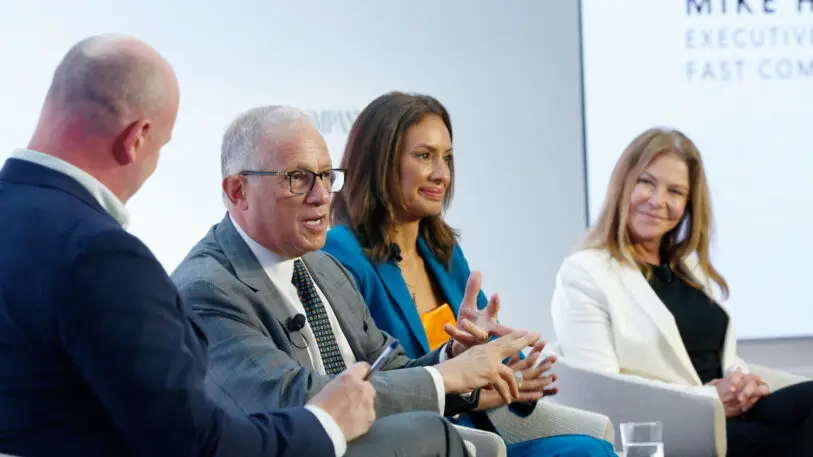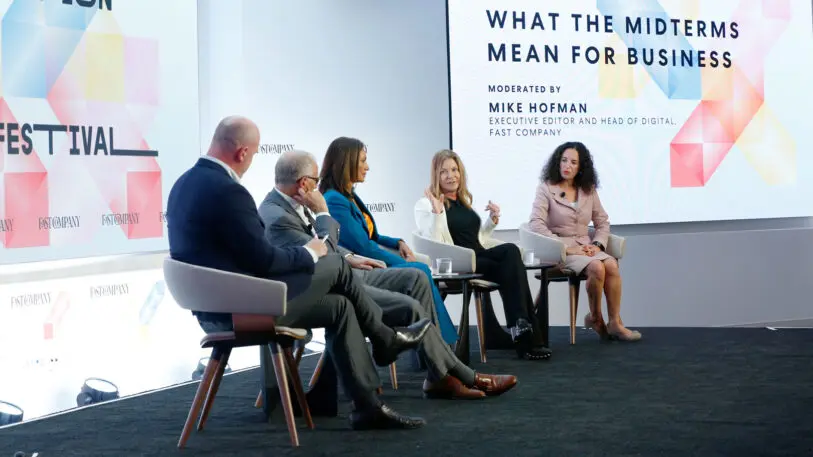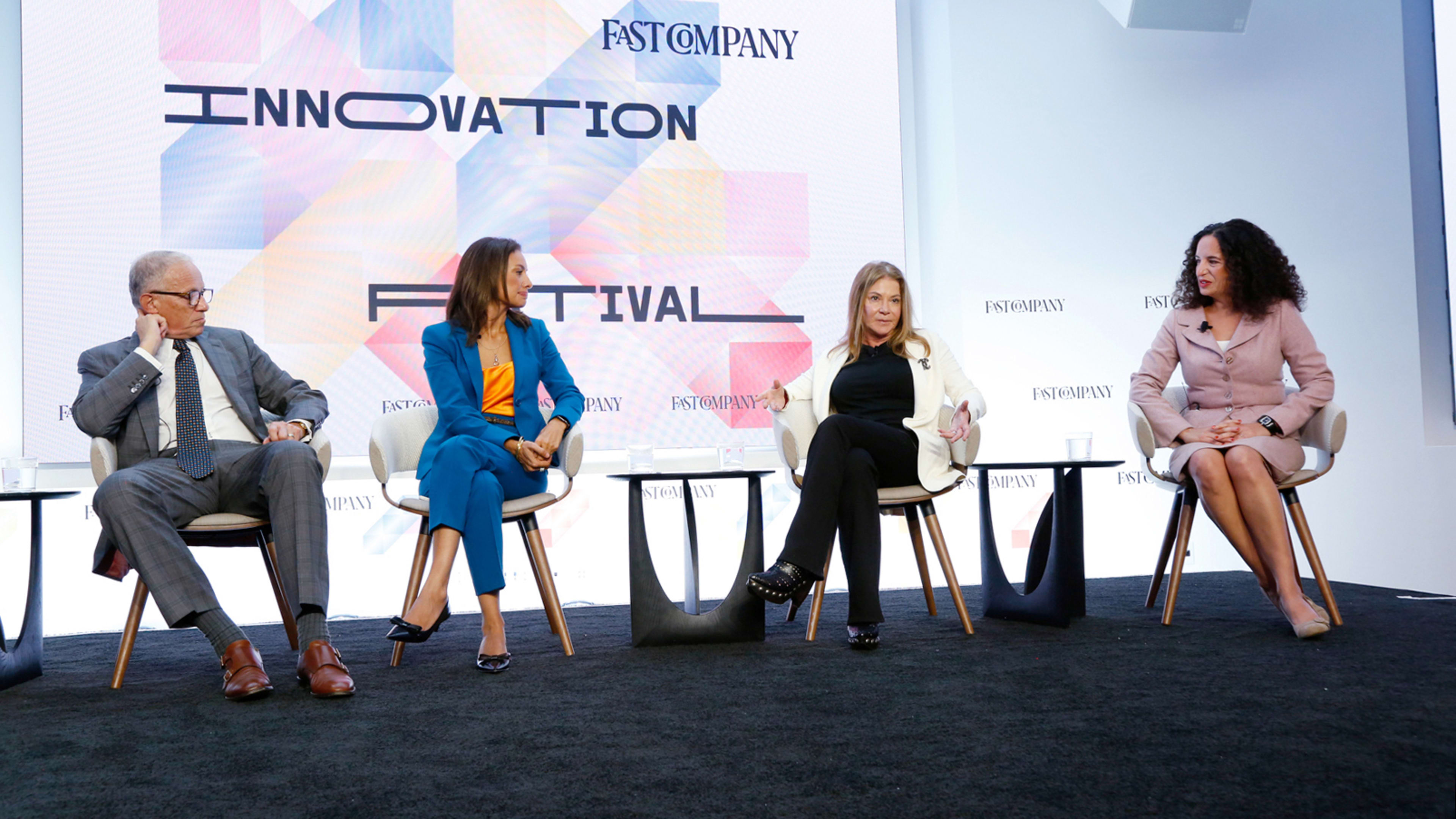The role of CEO may be more important than ever. With the midterm election on the horizon, they will face a number of crucial issues–and a public that is paying attention.
The 2022 Edelman Trust Barometer found that people continue to trust their employer more than government, media, NGOs or business themselves, solidifying a four-year trend. That puts business leaders at the helm, navigating political waters fraught with challenges, including the climate crisis and abortion access.
“You’re going to see even more pressure on CEOs,” Susan Molinari, former VP of Public Policy for the Americas at Google and a former U.S. Congresswoman, said on a panel at the Fast Company Innovation Festival Tuesday. “We see right now with Disney in Florida. Who would ever think that Disney would be in the hairs of politics in Florida?”
It’s not unusual for political and social issues to seep into the workplace, and employees will often choose to work for that align with their beliefs and values. Now, Jen Stark, co-director of the Center for Business and Social Justice, says the center has heard from more and more CEOs who are considering how they can engage in advocacy behind the scenes and in the public view.

Sustainability is another key issue in business practices and on the legislative front. The sweeping Inflation Reduction Act passed in August tackles energy costs and the climate crisis, among other issues. In response, CEOs must balance the consequences and some not-so-perfect trade-offs in the meantime, like relying more on fossil fuels during the transition to a more sustainable economy, says Fred Hochberg, principal at Heyday. “And our politics is not comfortable making any trade-offs right now,” Hochberg said.
But there’s a crucial difference between engaging in political and social issues and exerting unethical influence as a business leader–taking bribes, supporting dishonest candidates, etc. “Corruption is a business tax,” said Maria Teresa, president and CEO of Voto Latino. “If you look at where the corruption is coming from, whether you’re looking at Venezuela or Russia, that is what would happen if we do not have a fair marketplace.”

“Regardless of the electoral outcome, companies need to stay the course, align their aspirations, their words, and their actions,” Stark said. She referenced the song “Mrs. Robinson” from Simon & Garfunkel, and the line “Where have you gone, Joe DiMaggio? Our nation turns its lonely eyes to you.” Right now, Stark says lonely eyes have turned toward business leaders.
“For better or for worse, that’s the moment we’re in.”
Recognize your brand’s excellence by applying to this year’s Brands That Matter Awards before the early-rate deadline, May 3.
